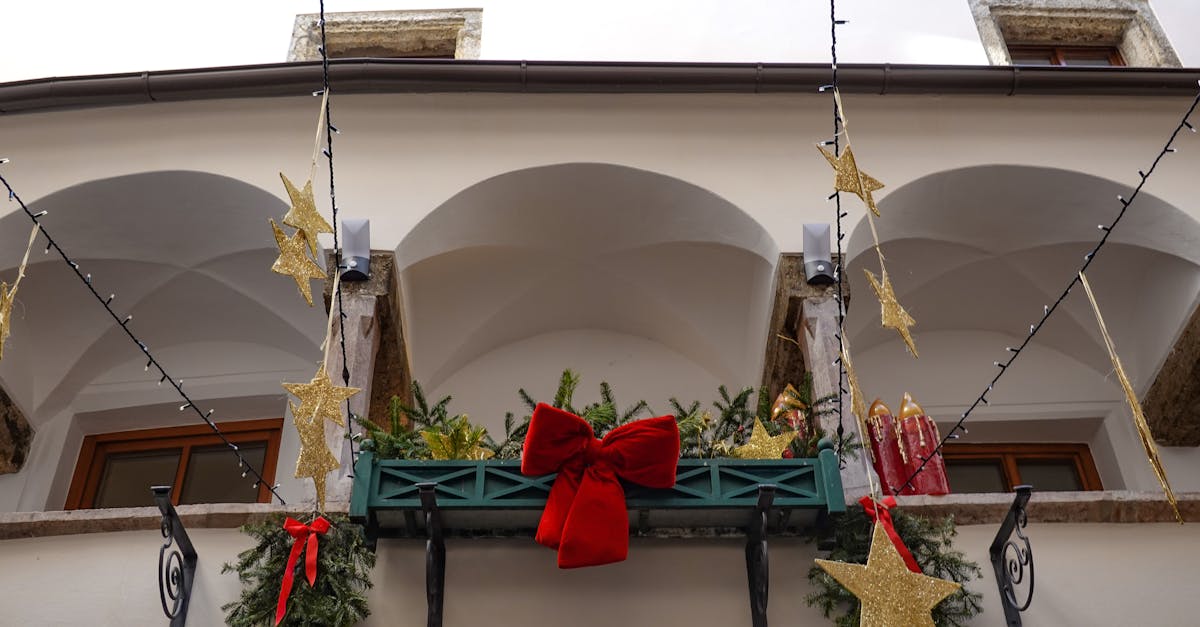
Table Of Contents
The Role of IP Ratings in Solar Lights
IP ratings, or Ingress Protection ratings, play a crucial role in determining the durability of solar lights used in outdoor lighting. These ratings provide a standardized measure of the level of protection against water and dust intrusion. Since outdoor lighting fixtures are often exposed to various weather conditions, understanding their IP rating helps consumers make informed decisions about which products can withstand environmental challenges.
Each solar light comes with an IP rating composed of two digits. The first digit indicates protection against solid particles, while the second digit shows the level of resistance against water. For instance, a light with an IP65 rating is deemed dust-tight and can withstand low-pressure water jets. This information is essential for anyone looking to select reliable outdoor lighting solutions that will last through rain, snow, and humidity.
What Does IP Rating Indicate?
IP rating, or Ingress Protection rating, is a standard that defines the degree of protection provided by electrical enclosures against solids and liquids. This rating consists of two digits. The first digit indicates protection against solid objects, while the second digit refers to moisture resistance. For outdoor lighting systems, understanding these ratings is crucial, as they determine how well the lights can withstand various environmental conditions.
For instance, an IP65 rating suggests that the outdoor lighting is completely dust-tight and protected from water jets. This rating is particularly relevant for solar lights intended for gardens, pathways, or patios. Higher IP ratings generally translate to better durability and performance, making it essential for consumers to check these specifications before purchasing solar lights for outdoor use.
Maintaining Solar Lights for Durability
Maintaining solar lights is essential for ensuring they deliver efficient outdoor lighting over time. Regularly cleaning the solar panels helps maximize their energy absorption. Dust, leaves, and other debris can block sunlight, diminishing the lights' effectiveness. Additionally, checking the battery condition is crucial. Replacing old batteries as needed can prevent power loss and ensure the lights operate during critical times.
Protecting solar lights from harsh weather conditions can significantly extend their lifespan. Using a waterproof sealant can provide an extra layer of protection against moisture, especially in areas prone to heavy rain or snow. Positioning the lights strategically to avoid direct contact with excessive water runoff aids in their durability. By being proactive, homeowners can enjoy reliable outdoor lighting that enhances security and ambiance even in varied weather.
Tips for Caring for Your Solar Lights
To ensure the longevity of your solar lights, regular maintenance is essential. Clean the solar panels periodically to remove dirt, dust, and debris. This promotes better sunlight absorption, allowing the lights to function efficiently. Inspect the fixtures for any loose connections or damage, as these can impact performance. Keeping outdoor lighting in good condition reduces the chances of failure and enhances the overall aesthetic of your outdoor space.
In addition to cleaning, consider the placement of your solar lights. Position them in areas that receive ample sunlight throughout the day. Avoid placing them too close to trees or structures that can cast shadows. Proper positioning not only improves charging but also optimizes light output at night. With the right care and placement, outdoor lighting can become a reliable source of illumination for your property.
How Weather Affects Solar Lights
Weather conditions can significantly impact the performance and longevity of solar lights. Rain and snow can affect the efficiency of the solar panels by covering them with moisture or debris. This reduction in sunlight exposure can lead to lower energy production, which ultimately decreases the brightness and operational time of the outdoor lighting. Additionally, excessive humidity may cause internal components to rust or degrade over time.
Extreme temperatures also play a role in the durability of solar lights. Heat can cause batteries to overheat, leading to reduced performance or complete failure. Conversely, frigid temperatures can impair battery efficiency, limiting the ability of outdoor lighting to hold and utilize charge effectively. Regular inspections and appropriate placement of solar lights can help mitigate these weather-related issues, ensuring consistent performance throughout different seasons.
Impact of Rain, Snow, and Humidity
Rain, snow, and humidity can significantly affect the performance and longevity of solar lights. When exposed to wet conditions, the components of outdoor lighting may be vulnerable to moisture intrusion, which can lead to malfunctions or failure. High levels of humidity can also diminish the efficiency of the solar panels, reducing the amount of energy collected for nighttime illumination.
Snow accumulation poses its challenges as well. Heavy snow can cover the solar panels, obstructing sunlight and limiting their ability to recharge. It is essential to regularly check and clear any snow buildup to ensure optimal performance. Properly designed outdoor lighting should withstand these weather conditions, but maintenance and care play a crucial role in extending their lifespan.
FAQS
Are all solar lights waterproof?
Not all solar lights are waterproof; their water resistance depends on their IP rating. Look for lights with a higher IP rating for better waterproof capabilities.
What is an IP rating?
An IP rating, or Ingress Protection rating, indicates how well a product is protected against dust and water. It consists of two digits, the first representing solid particle protection and the second representing liquid protection.
How can I determine if my solar lights are waterproof?
Check the product specifications for the IP rating. A rating of IP65 or higher generally indicates that the solar lights are weatherproof and suitable for outdoor conditions.
Can I leave solar lights outside during winter?
Yes, many solar lights are designed to withstand winter conditions. However, it's essential to ensure they have a suitable IP rating and are properly maintained to handle snow and ice.
What should I do if my solar lights get damaged by water?
If your solar lights are damaged by water, first check for any visible signs of damage. If they are not working, you may need to replace the batteries or the entire unit, depending on the extent of the damage.



